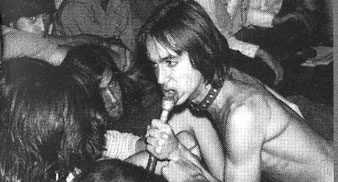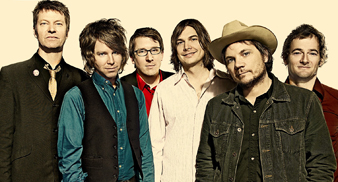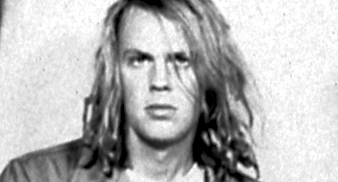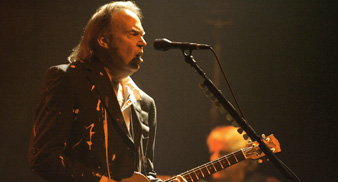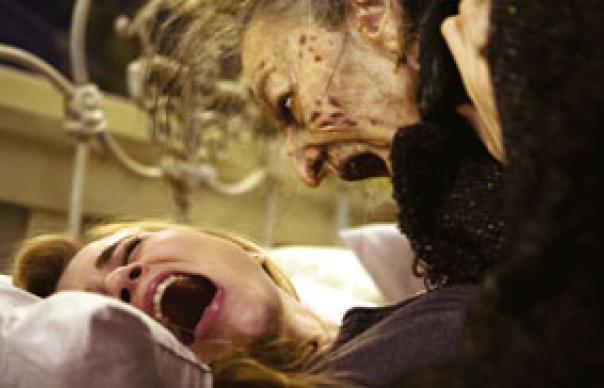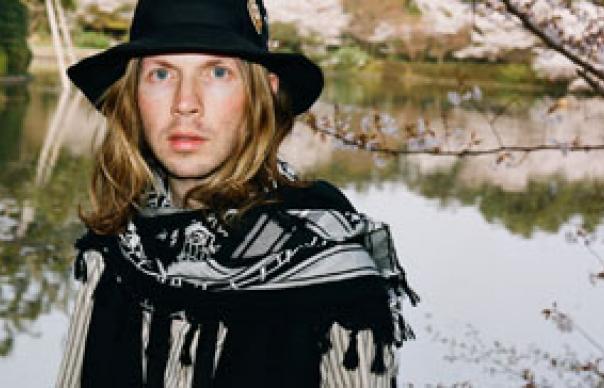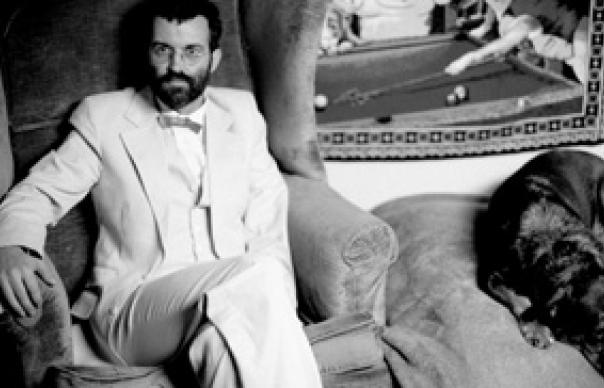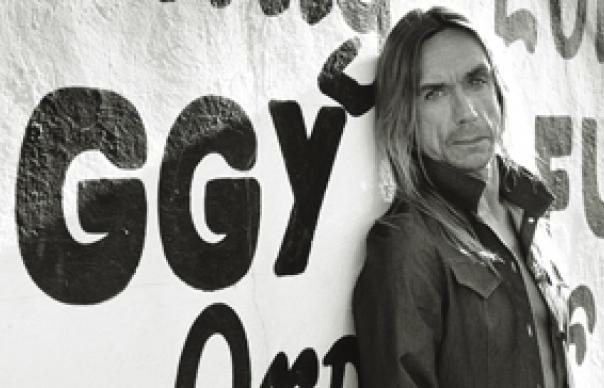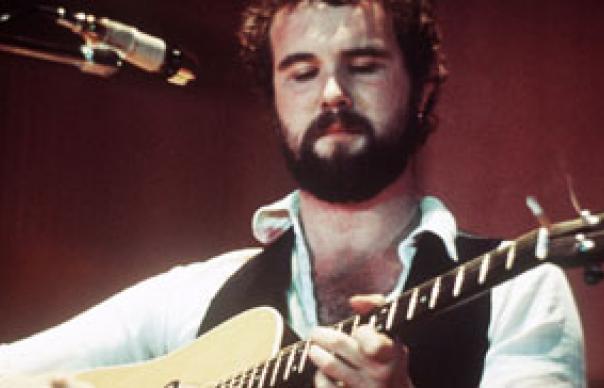Some talk on the last couple of blogs (Wavves and Playlist 20) about the Ducktails record and Matthew Mondanile’s various other products, so today seems a good time to tackle his stuff properly – not least because I think he may be playing London over the weekend. The self-titled Ducktails album comes out on the Not Not Fun album, and seems very tied in to that label’s appealingly dazed, Californian take on psych; I’ve written before about a couple of their key acts, Pocahaunted and Sun Araw. But though Mondanile captures the wasted-on-a-beach vibe exquisitely – check song titles like “Beach Point Pleasant” and “Surf’s Up”, and the palm tree on the back cover – he actually seems to be from the East Coast. “Ducktails” was recorded on 4 and 8-track in Western Massachusetts, New Jersey, and Bushwick, New York. You could see it, then, as an exotic confection, fitting somewhere next to Sun Araw’s heavy tropical ambience (as Predator Vision, Mondanile made a great split 12” with Sun Araw a while back), or maybe see him as a beatific counterpart to Wavves. Actually, “Ducktails” is one of those albums that calmly provokes a whole bunch of comparisons, as Mondanile layers the liquid guitar meditations and corroded loops over dulled beats. The one name that keeps getting thrown at Ducktails is Ariel Pink, perhaps chiefly down to a sense that easy listening is being filtered through a hyper lo-fidelity production. It’s tempting to see Mondanile as a millennial bedroom Martin Denny in this way. But often – on, say, his sun-damaged miniatures like “Beach Point Pleasant” and the hi-life-tinged “Pizza Time” - he's not unlike a gentler El Guincho. The production is closer to the primitive workouts of Zomes, and sometimes you wonder how much of the charm inherent in this music depends on the hand-knitted treatment: would it sound even better spruced up a little? Certainly, when Mondanile sings and imposes a fractionally firmer structure to his meanders (“Dancing With The One You Love” and “The Mall”), it’s less effective: for a much better example of his aesthetic transposed to tighter songwriting, check out his excellent full band Real Estate, kindly recommended the other day by one of our best-informed posters, Bubba. Ducktails works best, though, instrumentally: on Amazon boat trip psych like “Horizon” and “Gem”, strong tribal kin to Sun Araw; on gorgeously dappled guitar workouts like “Backyard” and “Friends”, which remind me oddly of early Felt instrumentals, when Maurice Deebank was still playing guitar in the band. And on the 11-minute closer, “Surf’s Up”, where Mondanile stretches out into lush, saturated ambience that invokes Popol Vuh, Terry Riley and – maybe a better lo-fi analogue than Ariel Pink, this – the blurred landscape music of Flying Saucer Attack. Try him out on Myspace and, as ever, let me know what you think.
Some talk on the last couple of blogs (Wavves and Playlist 20) about the Ducktails record and Matthew Mondanile’s various other products, so today seems a good time to tackle his stuff properly – not least because I think he may be playing London over the weekend.


